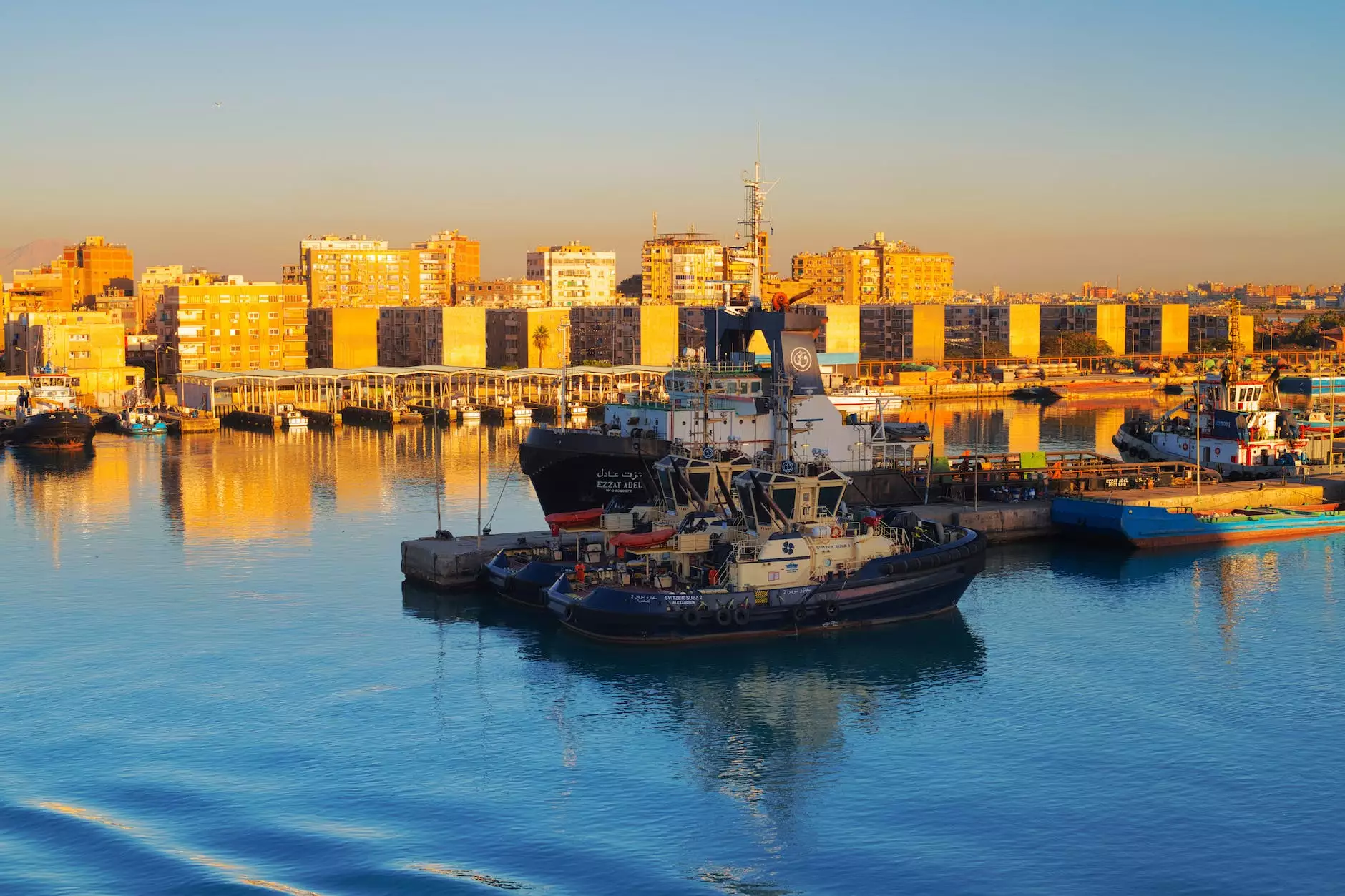How Much Do Dental Implants Cost? Comprehensive Guide for Patients

When considering dental procedures, one of the most common questions asked by patients is how much do dental implants cost? Dental implants are a popular and effective solution for replacing missing teeth, providing not only aesthetic benefits but also functional improvements. Understanding the costs associated with dental implants is crucial for making informed decisions about your dental health. In this article, we will delve into the various aspects of dental implant costs, including what influences their price, financing options, and how to choose the right dental provider.
What Are Dental Implants?
Dental implants are titanium posts that are surgically inserted into the jawbone, serving as artificial roots for replacement teeth. They are designed to provide a strong foundation for fixed or removable replacement teeth that are made to match your natural teeth. Dentists and oral surgeons recommend dental implants for their durability, functionality, and realistic appearance.
Types of Dental Implants
- Endosteal Implants: The most common type, these are inserted directly into the jawbone.
- Subperiosteal Implants: These are placed under the gum but above the jawbone, typically used for patients with minimal bone height.
- Zygomatic Implants: These are the least common and involve placing implants in the cheekbone when there isn’t enough jawbone for standard implants.
Factors Affecting Dental Implant Costs
The price of dental implants can vary widely based on several factors. Understanding these can help you anticipate the overall cost and budget for this investment in your oral health.
1. Geographic Location
The cost of dental implants can vary significantly depending on where you live. Urban areas with a higher cost of living typically have higher prices for dental procedures compared to rural areas. For instance, the prices in metropolitan cities may be substantially higher than those in smaller towns.
2. Dentist's Experience and Reputation
The skill and experience of the dental professional performing the procedure also play a critical role in the cost. Highly experienced dentists or specialists, such as oral surgeons, may charge higher fees due to their expertise and the quality of care provided.
3. Type of Implant Used
There are different types of implants and materials available, which can influence the overall cost. High-quality materials may be more costly, but they also offer increased longevity and better integration with the bone.
4. Additional Procedures Required
Often, additional treatments such as bone grafting or sinus lifts may be required before placing an implant, increasing the total cost. These preliminary procedures are necessary for ensuring that there is adequate bone structure to support the implant.
5. Number of Implants Needed
The number of implants you require will obviously impact the cost. Patients who need multiple implants will incur higher expenses compared to those needing just one implant.
Average Costs of Dental Implants
The average cost of a single dental implant in the United States typically ranges from $3,000 to $4,500. This price commonly includes the implant itself, the abutment, and the crown. Here’s how these costs can break down:
- Implant Surgery: $1,000 to $3,000
- Abutment (connector post): $300 to $500
- Crown: $1,000 to $3,000
It’s essential to note that this does not include any preliminary procedures that may be needed. If bone grafting is necessary, it can add an additional $200 to $3,000 depending on the complexity of the procedure.
Financing Options and Insurance Coverage
Given the significant costs associated with dental implants, many patients may look for financing options to help manage their expenses. Here are some potential financing solutions:
1. Dental Insurance
Many dental insurance plans do cover a portion of the costs associated with dental implants, but coverage amounts can vary. It’s essential to verify your plan’s details regarding implant coverage to understand what costs may be reimbursed.
2. Payment Plans
Many dental practices offer payment plans, allowing patients to spread the cost of their treatment over several months. These plans can make dental implants more financially accessible.
3. Health Savings Accounts (HSAs)
If you have a Health Savings Account, you can use those funds to pay for dental procedures, including implants. HSAs provide tax advantages that can significantly offset the costs.
Choosing the Right Dental Provider
Choosing the right dental provider for your implant procedure is critical not just for cost considerations but also for the quality of care. Here are some tips to ensure you find the best professional:
- Research Credentials: Look for dental professionals with specialized training in implantology.
- Read Reviews: Patient testimonials and online reviews can provide insight into the quality of care and outcomes.
- Consult Multiple Providers: Consult with several dentists to compare costs, treatment plans, and comfort levels with the professional.
Post-Procedure Care and Maintenance
After receiving dental implants, proper care is essential for their longevity and functionality. Here are a few tips for maintaining your implants:
- Good Oral Hygiene: Brush and floss regularly to prevent infection.
- Regular Dental Check-ups: Schedule regular visits with your dentist to ensure your implants are in good condition.
- Avoid Hard Foods: Be cautious with foods that could damage your implants.
Conclusion
In summary, the key question how much do dental implants cost encompasses a variety of factors, including geographic location, the experience of your dental provider, and any necessary preparatory work. While the initial investment can be significant, dental implants often prove to be a worthwhile expenditure for their durability and effectiveness in restoring function and aesthetics.
If you are considering dental implants, take the time to research, consult, and plan to ensure that you are making the best decision for your dental health. Investing in your smile not only enhances your confidence but also improves your overall quality of life.
For more information and assistance regarding dental health, visit us at wupdoc.com.









